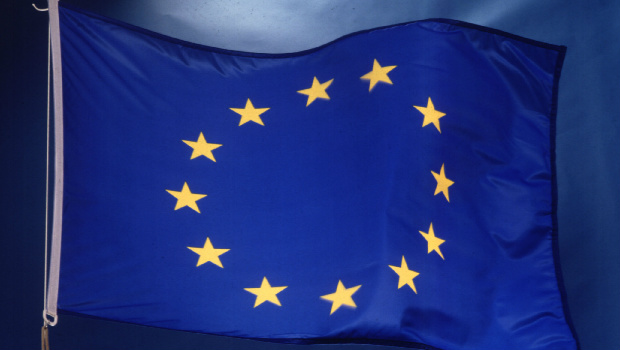Last week justice ministers from across the European Union called on ISPs to conduct voluntary censorship of online content – but documents in preparation for a meeting of telecoms ministers suggest such a move could be illegal.
The documents, prepared by the Latvian presidency of the Council of the EU, note that calls to allow Internet service providers to block or filter content in the “public interest” as part of a proposed net neutrality law could violate privacy laws that protect the confidentiality of communication.
The Council, along with the Commission and the Parliament, is one of the EU’s three lawmaking bodies. The member states take turns as president of the council: Latvia took over from Italy for its six-month stint on 1 January.
Different ministers participate in each meeting of the Council: net neutrality is on the agenda for a forthcoming meeting of telecommunications ministers, and on Tuesday the presidency released a document outlining issues that need to be addressed.
The Council is in the process of determining what to do with the proposals of the Commission and the Parliament to enshrine net neutrality in EU law. While the Parliament wants a strict form of net neutrality that treats all traffic equally and without discrimination, the Council is trying to get some traffic discrimination into the draft.
One of the main issues raised by the new presidency is the legality of ISPs blocking or filtering certain content on a self-regulatory basis in pursuit of recognised public interests. A request to allow Internet service providers to do this “appears to raise certain legal issues relating to the Charter of Fundamental Rights of the European Union and/or the 2002/58 ePrivacy Directive, including with respect to confidentiality of communications,” the presidency wrote, adding that it is unsure if these issues can be resolved.
The recognition that it might be illegal to block or filter content was warmly welcomed by European digital rights group EDRi, which has for the past five years argued that it is illegal under EU and international law for states to encourage Internet companies to block or filter traffic outside a clear legal framework.







Subscribers 0
Fans 0
Followers 0
Followers